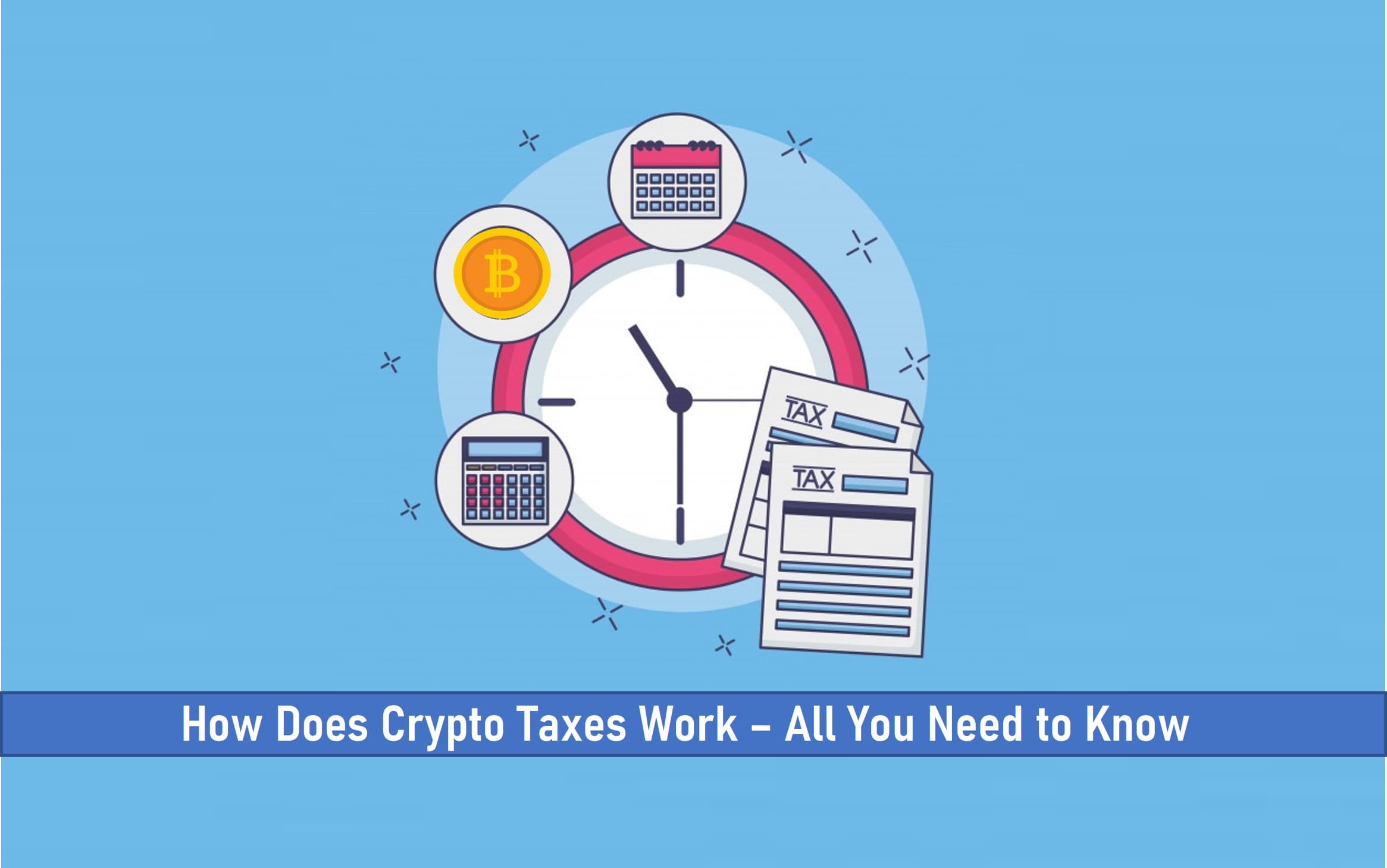
Crypto Taxes and the IRS
With earnings that come from the sale of your cryptocurrency, one should think about how taxes are computed.
Most jurisdictions treat cryptocurrency as a property, which makes it a taxable item for federal income tax purposes. This, therefore, means that the Internal Revenue Service (IRS) treats the sale of your crypto as a gain or loss and should be taxed.
The idea of digitalization and the anonymity of crypto transactions kind of blindside most investors into thinking that crypto gains are exempted from taxation.
In this article, I will examine how tax works especially in jurisdictions where crypto is taxed.
Although crypto is prohibited in some countries, I believe that crypto has come to stay and will sooner than later become accepted globally and the ideal tax measures implemented.

Key Takeaways
• The IRS treats cryptocurrency as a property that is exposed to capital gains or losses and therefore should be taxed.
• Crypto taxes are imposed also on cryptocurrencies that are mined. Miners are expected to pay taxes on earnings.
• The IRS in some regions where crypto is illegal to trade may not be able to capture crypto taxes as part of its internally generated revenue.
• You cannot pay taxes on crypto if you are in a region where crypto is prohibited.
SEE ALSO: How To Avoid Crypto Taxes (4 Legal Ways)
How Cryptocurrency Taxes Work
Capital gains tax regulations are used to determine taxes to be levied on cryptocurrencies such as Bitcoin and Ethereum.
In the US, crypto exchanges are to report all crypto transactions (gains & losses) to the IRS, and these transactions are taxed the same way as regular stocks, mutual funds, property, and other forms of investments.
Countries where crypto trading or mining is illegal, may not be able to capture gains or losses from crypto.
Secondly, the amount you owe in capital gains taxes is determined by whether you’ve owned your cryptocurrency for less than a year or more than a year.
If you haven’t yet hit the 12-month mark, your earnings are taxed at short-term capital gains rates, which are the same as your ordinary income tax rate.
However, if you’ve had your crypto for at least a year, you will be eligible for a long-term capital gains rate that is lower than most income taxes, depending on your taxable income.
And, just as with any other investment, if you sell your crypto investment at a loss, you will receive a capital loss, which you can use to offset other income taxes.
Cryptocurrency Taxes on Purchases I Make
If you use cryptocurrencies to buy products or services, your transaction counts as a sale of that cryptocurrency.
This implies that you’ll have to pay capital gains taxes if the value of your crypto has grown over what you bought for them. You’ll also have to pay other relevant sales tax.
SEE ALSO: 16 Countries where Bitcoin is Illegal to Trade or Mine
Taxes on Crypto Mining
Your crypto becomes taxable when you mine and earn rewards from it or as payment for goods and services purchased from you.
At your ordinary income tax rate, you will pay tax based on the market value of the cryptocurrency on the exact day you received it.
And if you keep the same cryptocurrency, you mined or earned from these activities and its value rises, and you either use it or sell it later at a profit, you’ll have to pay capital gains taxes on the earnings, depending on how long you’ve had it.
SEE ALSO: 15 Top Global Companies that Accept Bitcoin as Payment
Final Thoughts
In our previous article, we gave a thorough explanation on how to avoid crypto taxes, we included a legit way to stay ahead of crypto taxes and reduce your tax liabilities.
Thinking the pseudo transactions and lack of tangibility of Bitcoin and other crypto makes one exempt taxes, it is false.
It pays to know what your jurisdiction demands and treat as taxable elements before knowing how to reduce your tax burden in crypto and other assets generally.
Read More




